12 evidence-based health benefits of drinking tea

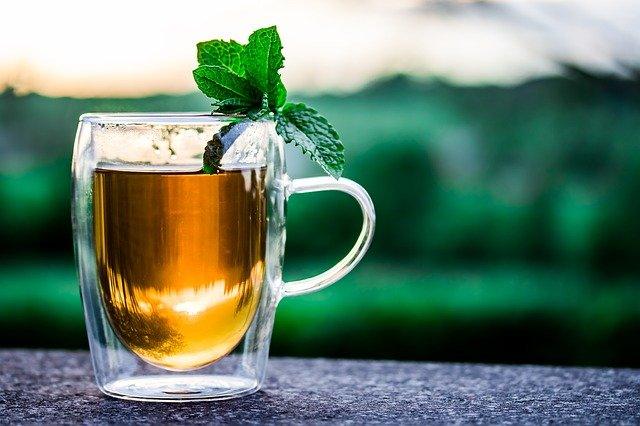
Related products
What’s covered?
Help your body by replacing sugary beverages with steamy hot cup of tea.

Most tea lovers around us are just drinking tea as a habit. However, notably, green tea consumption is rapidly increasing. A 1998 report confirmed that the consumption of green tea in the world increased by 20% in the previous ten years.
The Camellia Sinensis plant, more commonly known as the tea plant, has been grown for thousands of years. Both types of herbal teas, green tea and black tea, have proven health benefits for your body. In addition, tea extract is rich in a variety of valuable compounds. Let us find out what is hidden inside this warm steamy drink.
-
Tea consumption improves brain functions
Black and green tea both contain a compound called caffeine. However, black tea has slightly more caffeine content (42-47mg/ 230ml drink) than green tea (28mg/ 230ml drink). This compound can boost brain function through a variety of mechanisms. It increases alertness as well as reduces drowsiness. Moreover, caffeine consumption also improves your stamina. An unwanted effect may just be increased urination.
Oolong tea, made from the stems, leaves and buds of the tea plant, is very effective in improving brain functions. If brain-boosting effects are not required, or you are simply looking to decrease your caffeine intake, there is an option for you to use decaffeinated teas. Decaffeinated teas thus do not contain caffeine, which is the primary brain stimulant in tea.
-
Tea extract is rich in antioxidants
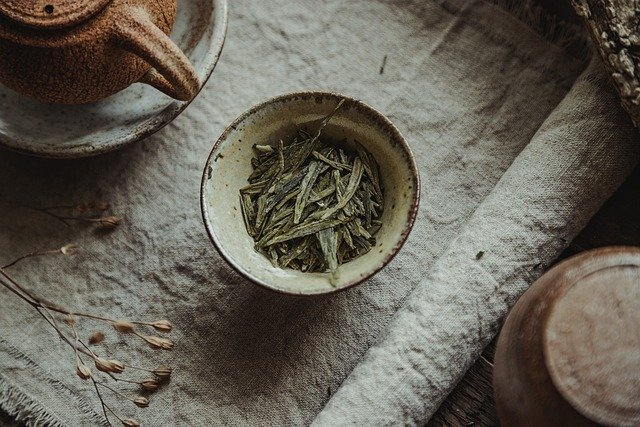
The destructive activities inside your body are prevented thanks to antioxidants. Interestingly, tea is an unimaginable treasure of antioxidants, including catechins, thearubigins and theaflavins. Thus, the health benefits of tea consumption usually revolve around these antioxidants.
The green tea extract is especially rich in antioxidants. These particular antioxidants can causes a reduction in blood cholesterol, body fat and blood pressure. So, why not increase your green tea consumption and enjoy good health?
-
Use tea for bad breath
Bad breath is very annoying, particularly for the people close to you. If you face embarrassment due to breath, using tea is an easy fix. The catechins in green tea extract have a deodorising effect and make your breath bearable for people around you.
-
Tea consumption can lower stress levels
Yes, you read that right! Worries and stress flood modern lives. Consequently, the demand for tea is increasing. The theanine present in tea is known to have relaxing effects and, therefore, causes a decrease in blood pressure. In addition, the saponins present in tea also lower blood pressure.

-
Tea consumption improves dental health
Sugary foods have increased the occurrence of tooth decay. Luckily, drinking tea can improve your dental health. Tea contains fluorine, catechines, flavonoids, and polyphenols, which all enhance your immune system and prevent tooth decay.
-
Consuming tea to combat influenza
Influenza is a nuisance, particularly during changing weather conditions. But, have you ever felt relief from influenza after drinking green tea? The saponins and catechins present in this tea extract help fight the flu. So, in winter, enjoy a steamy cup of green tea and help your body fight those horrible germs.
To see our range of Flu treatments, click here.

-
Tea is a friend of your heart
Both black and green tea are rich in heart-friendly antioxidant compounds called polyphenols which reduce the risk of heart disease. In addition, theaflavins present in black tea and epigallocatechin-3-gallate (EGCG) present in green tea are valuable flavonoids for your heart health. Green tea may help burn body fat, one of the predisposing factors of heart disease. So, a few cups of green tea intake has many health benefits.
Unlock a mine of minerals
Minerals are equally vital for your body, as are proteins and fats. Herbal tea contains many valuable minerals, e.g., zinc, potassium, calcium, magnesium, phosphorus, and copper. It is found that regular green tea drinkers seldom face issues of mineral deficiencies. Yet another reason to make the change to tea!
Tea is a treasure trove of vitamins
Vitamins are essential for your bodily functions. This is why doctors often recommend multivitamins to avoid vitamin deficiencies. Lucky for you is that your daily tea consumption also contributes to your vitamin intake. Oolong tea, for example, preserves most of the vitamins and is particularly useful.
Vitamins present in tea leaves:
Vitamin E
Vitamin E is a well-known antioxidant and improves body functions.
Folic acid
Folic acid has many health benefits for your brain. Pregnant women, in particular, need this vitamin because its deficiency can lead to foetal neural tube defects (NTD). Therefore, tea lovers are at an advantage.
Vitamin C
Vitamin C is also an antioxidant which is vital for the health of your skin regeneration and mucous membranes. It also benefits other body parts.
Beta carotene
If you have trouble seeing in the dark, drinking tea can help. Beta carotene is known to improve your night-time vision.
Vitamin B2
Vitamin B2 is beneficial in keeping your skin and mucous membranes healthy. However, it is not limited to just the above-mentioned. It also holds health benefits for other parts of the body.
Tea is a potential weapon against cancer

Breast cancer and other types of cancer are the leading cause of death worldwide. Unfortunately, medical science is still struggling to find any successful cure. Therefore, interest in cancer prevention through diet is increasing.
As mentioned above, green and black teas are rich in catechins. A variety of catechins are present in tea, e.g., EC, ECG, EGCG and EGC. These catechins have cancer inhibitory effects. Tea addicts can also have a decreased risk of prostate cancer and colorectal cancer. The proliferation of cancer cells is also reduced due to these catechins. The EGCG catechin possesses the most potent anti-cancer properties. These catechins act in a synergistic way to prevent cancer.
-
Tea can lower bad cholesterol (LDL)
Both green tea and black tea can help you lower bad cholesterol. Again, tea catechins come to your rescue. Tea drinkers are found to have increased intelligence and a reduced risk of cardiovascular disease. Along with green tea and black tea, oolong teas prepared from buds, stems and leaves of tea plants can lower your cholesterol.
Several studies suggest that a weekly dose of 10 ounces of herbal tea can help you to lower your bad cholesterol. Therefore, a habitual green tea drinker will have a lower risk of cholesterol-related cardiovascular diseases.
Overweight or obese adults are advised to drink regular cups of hot tea in an attempt to lower their bad cholesterol.
To view our Cholesterol Blood Test, click here.
-
Tea can help fight Parkinson's disease
Parkinson's disease is one of the most dangerous chronic diseases encountered in older ages. A Parkinson's patient loses control over his motor movements, particularly those of his hands and feet. Astonishingly, tea catechins are known to cross the blood-brain barrier. The studies in the animal models have shown that caffeine, theanine and flavonoids protect against cell damage in the area which is usually affected by Parkinson's disease.
Conclusion
In reality, it can be fairly concluded that all types of teas can indeed be beneficial for your health. In a world addicted to carbonated soft drinks, tea might not feel so tempting to you. However, it might just be what your body needs. Therefore, it would be prudent for you to add one or two cups of tea to your daily routine and reap its many possible health benefits.
For a full range of blood tests and medications, visit our Welzo Online Pharmacy Page. For more details, click here.




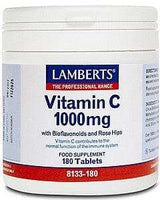
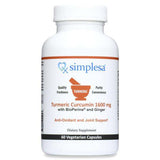








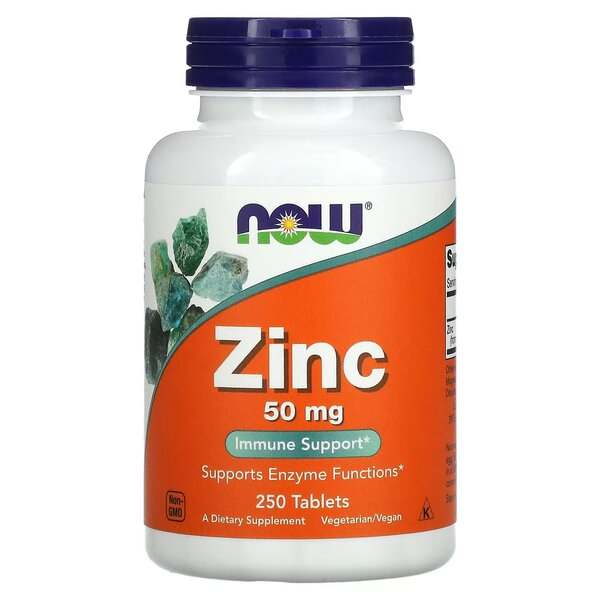
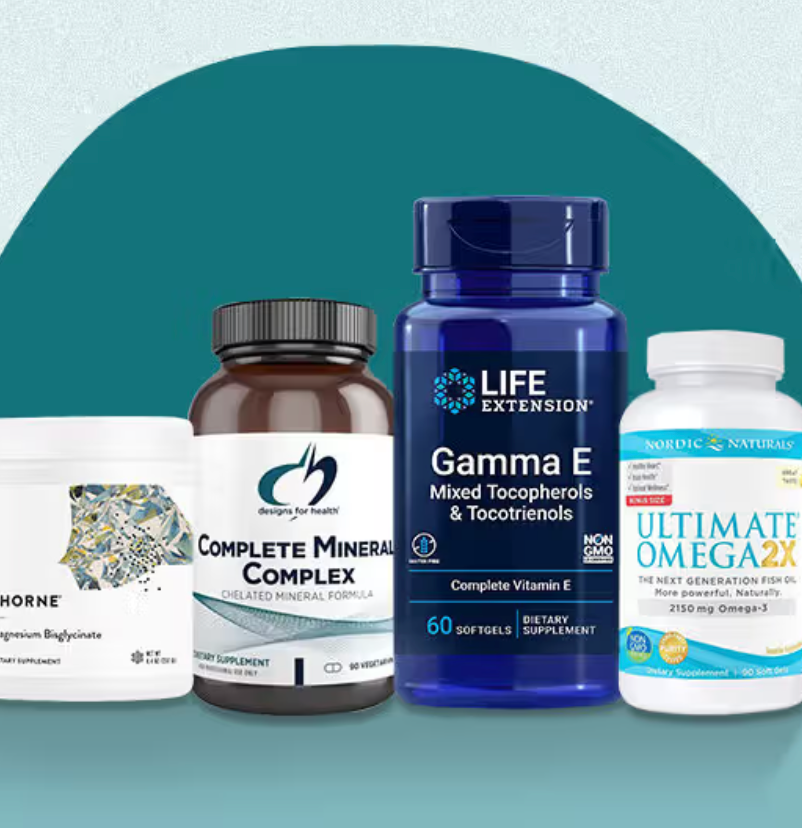
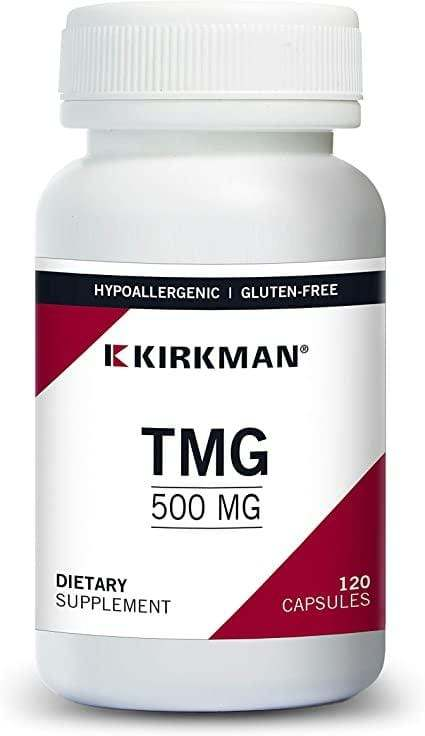
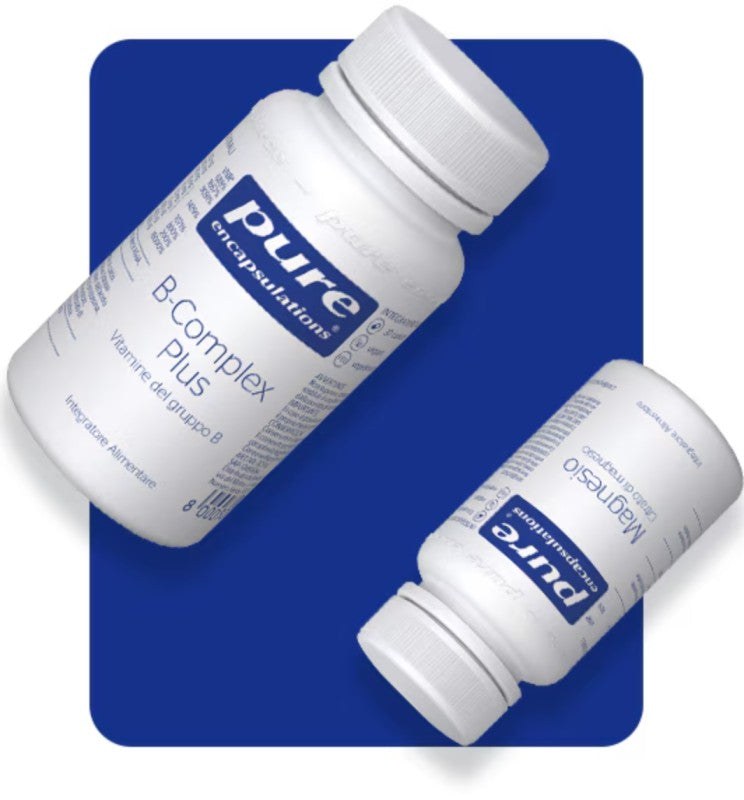


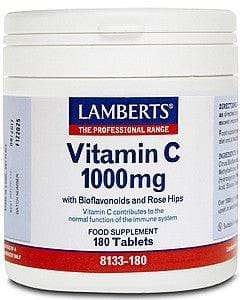
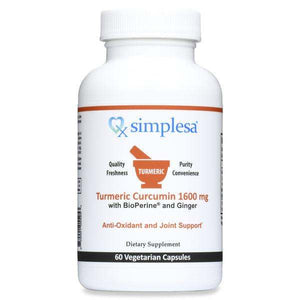













 Rated Excellent by 26,523+ Reviews
Rated Excellent by 26,523+ Reviews